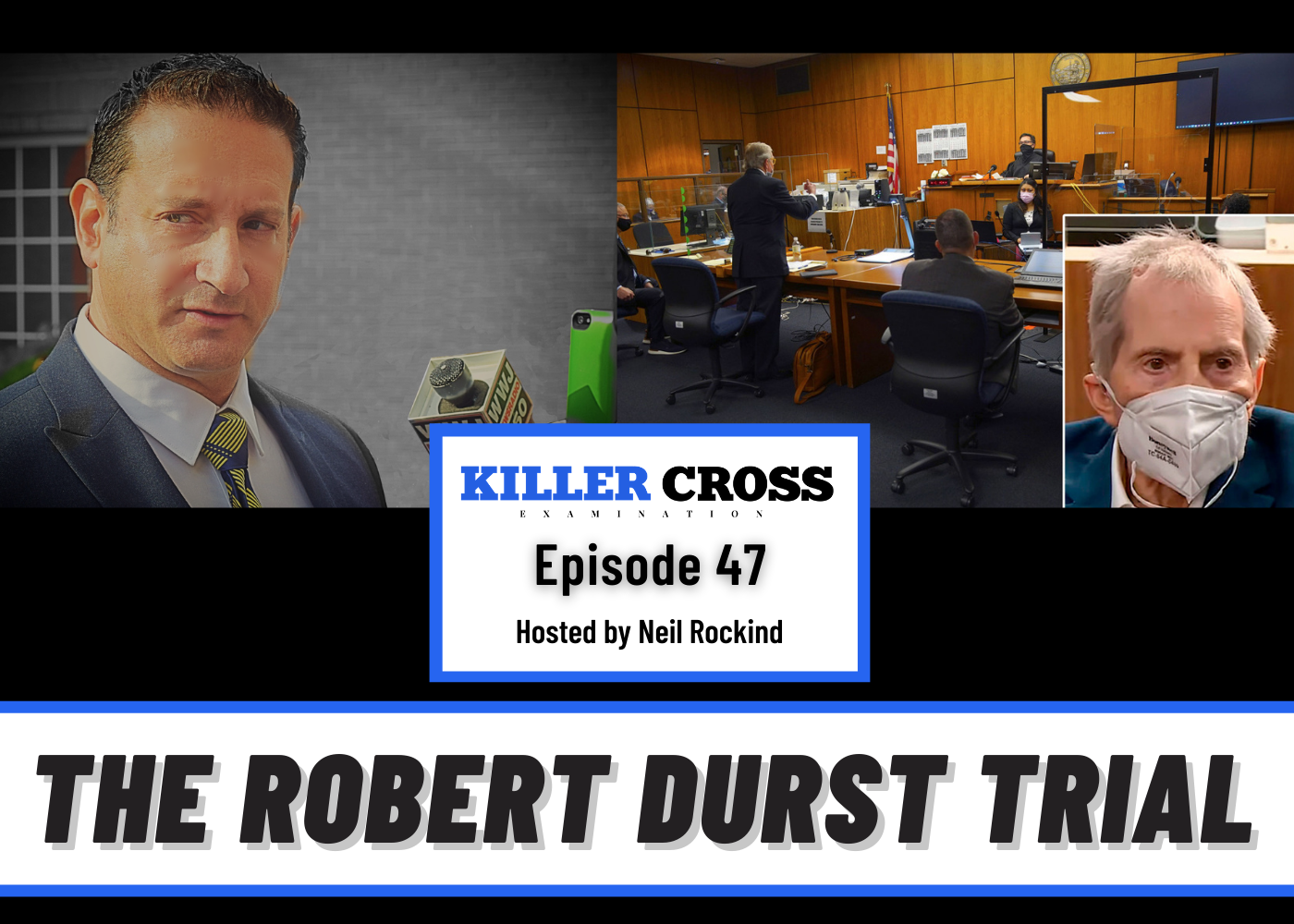
Robert Durst is on trial for the murder of his friend, Susan Berman. Durst was also accused of murdering and dismembering Morris Black in Texas. And Robert Durst is suspected to be the cause of his wife, Kathy Durst’s disappearance, in the 70’s. Three people close to him – wife, best friend and roommate — dead or missing. If the case sounds familiar to you that is because it should. Robert Durst is multimillionaire heir to a real estate empire in New York City whose life has been covered repeatedly in the news and in pop art: the disappearance of his wife, Kathy Durst, was the subject of the movie, All Good Things starring Ryan Gosling. The Morris Black case in which Durst admitted to killing and dismembering Black was the subject to tv shows not only due to Durst’s notoriety but that Durst was allegedly hiding out in Texas living in near squalor despite being a millionaire. And, he admitted to dismembering Black and sinking his body into the Galveston Bay and yet despite all of that evidence, he was acquitted of the murder. If it sounds unfamiliar, it is likely you’re not a fan of Law and Order because 3 episodes were devoted to Durst and if none of this rings a bell, perhaps this will – Durst voluntarily participated in a documentary called “The Jinx” in which he was confronted with evidence of his complicity in the disappearance of his wife and his friend Susan Berman and while wearing a microphone, walked into a bathroom and said, “I killed all, of course.”
This murder case is what is called a “cold case murder” and if that wasn’t enough to draw our attention to it, the interaction between the star cast of lawyers is … it is fascinating. The trial features Dick Deguerin, a Texas legend, who engineered Durst’s acquittal in the Morris Black case, David Chesnoff, a Nevada lawyer who is considered among the most respected in the nation and a cold case special prosecutor, John Lewin. In this episode, using real clips from the trial, I reveal how the prosecutor is engaging in what are called speaking objections, how they impact the courtroom and, in my opinion,, promote unfairness to the defense and defense lawyers. Lewin argues objections that he was won, argues after the judge makes preliminary rulings and makes these offers of proof that have the capacity or potential to telegraph or suggest to witnesses and jurors what the evidence will or should be. The dynamic between the old school Texas Southern gentleman lawyers and the feisty cold case prosecutor is something to watch and something that the judge has yet to get under control. Watch how it plays it out with my commentary and tell me what you think.
Please be aware we are relying on impressions, recollections, memories and interpretations.



